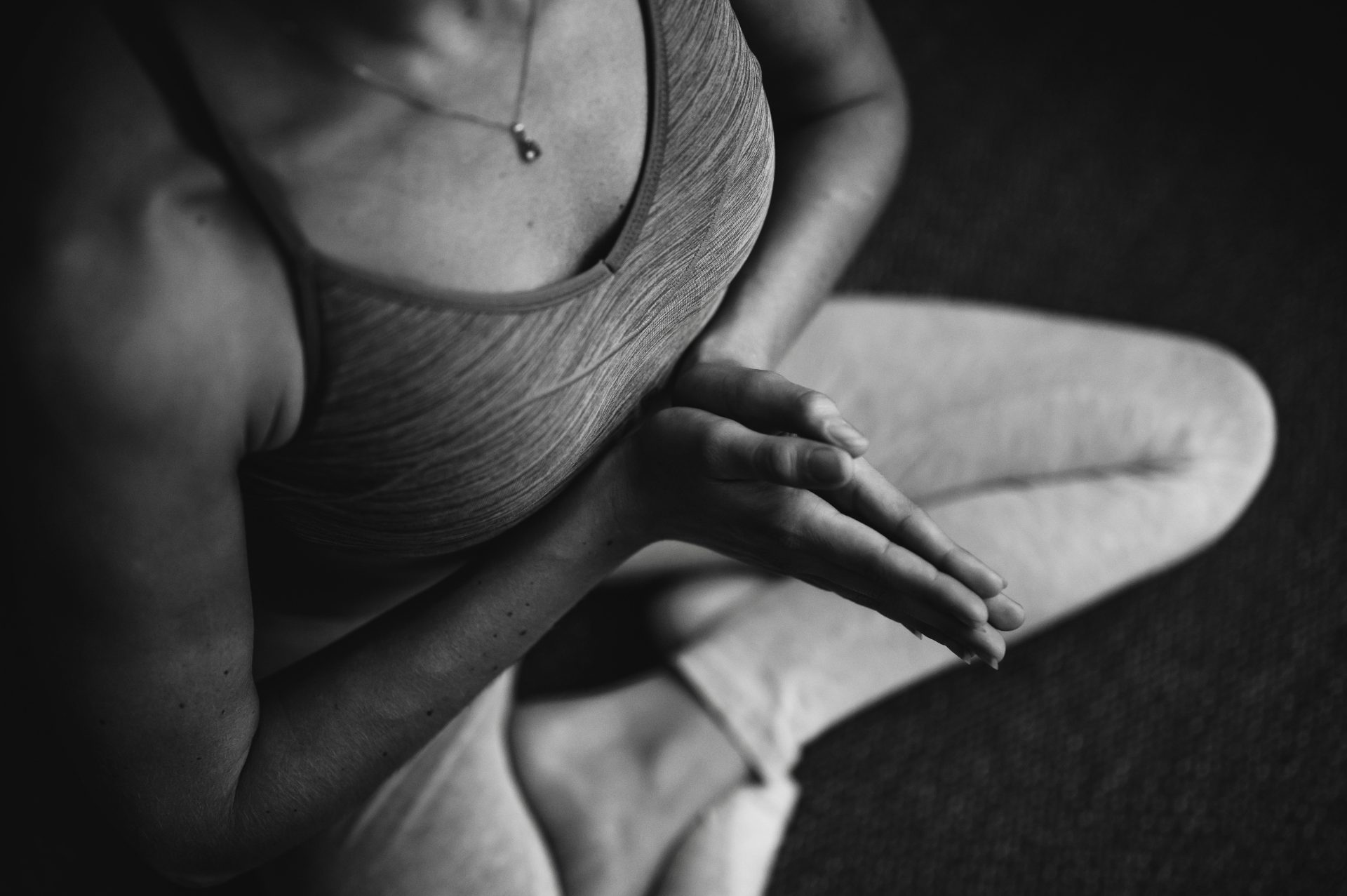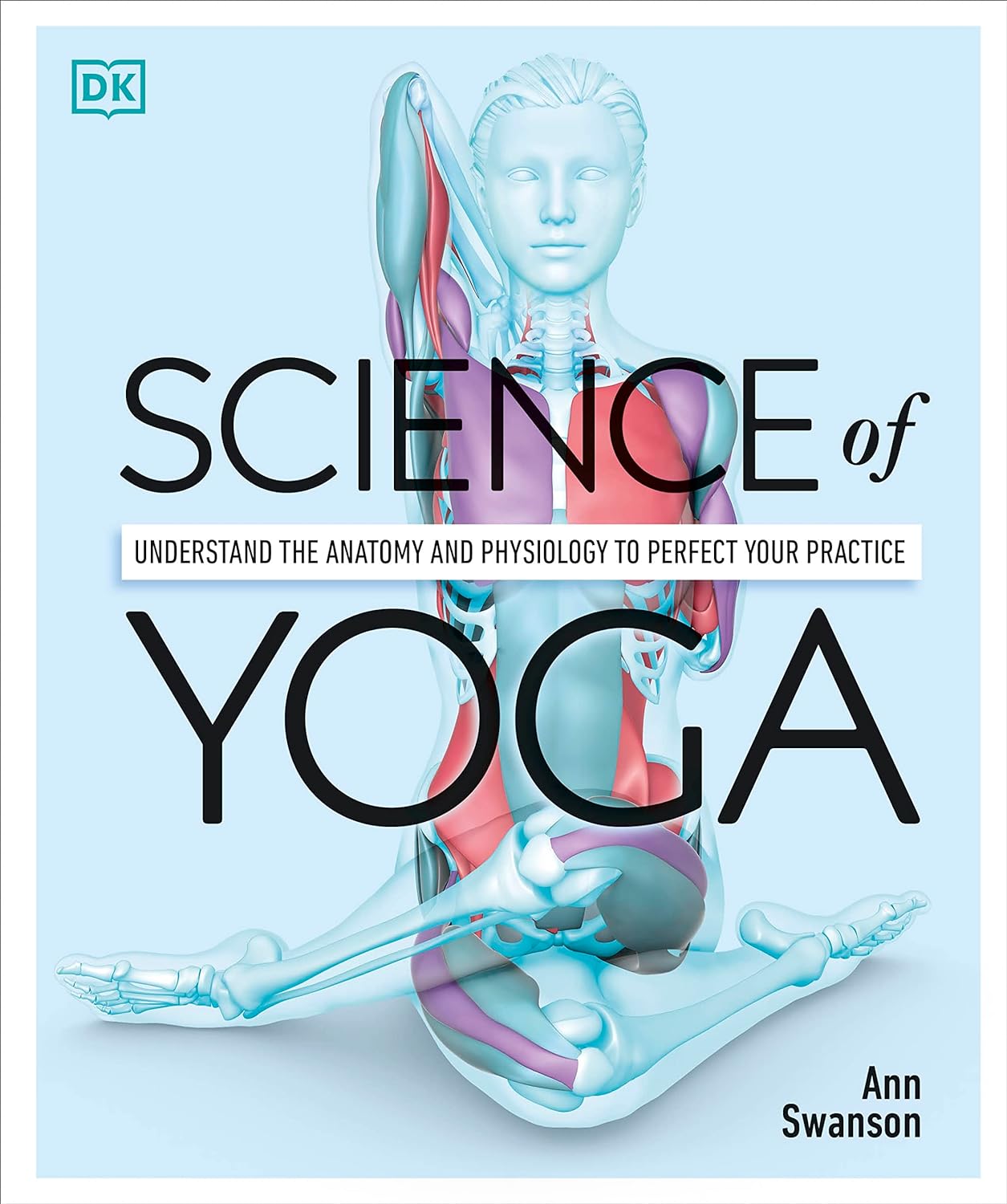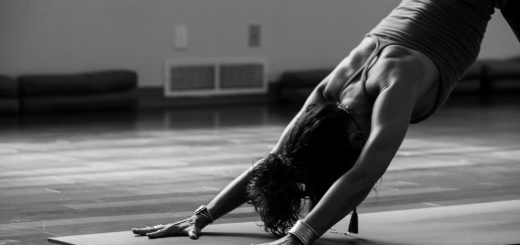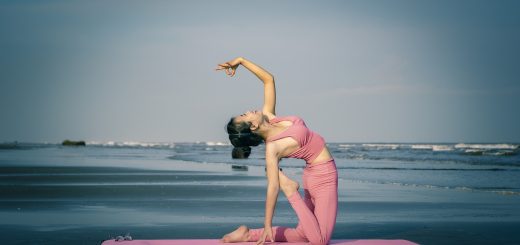Yoga Poses for Better Balance and Stability

Hey there, amazing readers! 🖐️ Just a quick note: yes, we know there are a lot of ads here. Trust us, we get it—it’s not the prettiest look, but they help us keep this blog alive and kicking. Those pesky little ads cover the costs of all the behind-the-scenes magic, from hosting and tech stuff to creating content we hope you’ll love.
We’re committed to delivering quality posts, and your support (even just sticking around despite the ads) means everything to us. So, bear with us, and thanks for helping us keep the good vibes rolling. Now, on to the fun stuff! 😉
TRANSLATE BUTTON AT THE END OF THE ARTICLE
A Quick Overview
Balance and stability are essential components of a successful yoga practice.
Not only do they help you maintain proper alignment and prevent injury, but they also allow you to deepen your poses and improve your overall strength and flexibility.
By incorporating specific yoga poses that target balance and stability, you can enhance your mind-body connection, build core strength, and cultivate a sense of inner calm and focus.
In this article, we will explore a variety of yoga poses that can help you improve your balance and stability, from beginner-friendly poses to more advanced variations.
Importance of Balance and Stability in Yoga Practice
Balance and stability are crucial elements of a yoga practice for several reasons.
Firstly, they help you maintain proper alignment in poses, which is essential for preventing injury and ensuring that you are getting the full benefits of each pose.
By improving your balance and stability, you can also enhance your mind-body connection, as you learn to focus your attention and energy on the present moment.
Additionally, developing balance and stability can help you build strength in key areas of the body, such as the core, legs, and arms, leading to improved overall physical fitness and flexibility.
Tree Pose (Vrksasana): Finding Center and Focus
Tree Pose, or Vrksasana, is a classic yoga pose that helps improve balance, concentration, and focus.
To practice Tree Pose, start by standing tall with your feet hip-width apart.
Shift your weight onto your left foot and lift your right foot off the ground, placing the sole of your right foot on the inside of your left thigh or calf.
Bring your hands to your heart center or extend them overhead.
Focus on a point in front of you to help maintain your balance.
Hold the pose for several breaths before switching sides.
Tree Pose not only strengthens the muscles of the standing leg but also helps you find your center and cultivate a sense of inner calm.
Warrior III (Virabhadrasana III): Strengthening Legs
Warrior III, or Virabhadrasana III, is a challenging pose that targets the legs, core, and back muscles while improving balance and stability.
To practice Warrior III, begin in a standing position with your feet hip-width apart.
Shift your weight onto your right foot and hinge at the hips to lift your left leg straight back behind you.
Reach your arms forward alongside your ears, creating a straight line from your fingertips to your left heel.
Keep your hips square and engage your core to maintain balance.
Hold the pose for several breaths before switching sides.
Warrior III not only strengthens the legs but also improves posture and concentration.
Eagle Pose (Garudasana): Improving Concentration
Eagle Pose, or Garudasana, is a challenging balance pose that requires focus, concentration, and flexibility.
To practice Eagle Pose, start by standing tall with your feet hip-width apart.
Bend your knees slightly and cross your right thigh over your left thigh.
Hook your right foot behind your left calf if possible.
Extend your arms out to the sides and cross your right arm under your left arm, bringing your palms together in front of your face.
Sink your hips down and lift your elbows slightly to create a feeling of expansion in the chest.
Hold the pose for several breaths before switching sides.
Eagle Pose not only improves balance and stability but also enhances concentration and focus.
Half Moon Pose (Ardha Chandrasana): Building Core Strength
Half Moon Pose, or Ardha Chandrasana, is a challenging balance pose that targets the core, legs, and hips while improving stability and strength.
To practice Half Moon Pose, begin in a standing position with your feet hip-width apart.
Shift your weight onto your right foot and hinge at the hips to lift your left leg straight back behind you.
Place your left hand on the ground or a block directly under your left shoulder.
Extend your right arm toward the sky, creating a straight line from your fingertips to your right heel.
Engage your core and lift your left leg higher to find balance.
Hold the pose for several breaths before switching sides.
Half Moon Pose not only builds core strength but also improves hip flexibility and overall stability.
Extended Hand-to-Big-Toe Pose (Utthita Hasta Padangustasana): Enhancing Flexibility
Extended Hand-to-Big-Toe Pose, or Utthita Hasta Padangustasana, is a challenging balance pose that improves flexibility, strength, and stability.
To practice Extended Hand-to-Big-Toe Pose, begin in a standing position with your feet hip-width apart.
Shift your weight onto your right foot and lift your left foot off the ground.
Grab your left big toe with your left hand and extend your leg out in front of you.
Keep your standing leg straight and engage your core to maintain balance.
Hold the pose for several breaths before switching sides.
Extended Hand-to-Big-Toe Pose not only enhances flexibility but also strengthens the legs and improves overall stability.
Side Plank (Vasisthasana): Engaging Core Muscles
Side Plank, or Vasisthasana, is a challenging arm balance pose that targets the core, arms, and shoulders while improving balance and stability.
To practice Side Plank, start in a plank position with your wrists under your shoulders and your body in a straight line.
Shift your weight onto your right hand and the outer edge of your right foot, stacking your left foot on top of your right foot.
Lift your left arm toward the sky, creating a straight line from your fingertips to your heels.
Engage your core and lift your hips to find balance.
Hold the pose for several breaths before switching sides.
Side Plank not only strengthens the core muscles but also improves arm strength and overall stability.
Chair Pose (Utkatasana): Strengthening Lower Body
Chair Pose, or Utkatasana, is a challenging squatting pose that targets the lower body, core, and back while improving balance and stability.
To practice Chair Pose, start by standing tall with your feet together.
Inhale as you bend your knees and lower your hips back as if sitting in a chair.
Sweep your arms overhead and bring your biceps by your ears.
Keep your chest lifted and your weight in your heels to engage the thighs and glutes.
Hold the pose for several breaths, sinking deeper into the squat for a greater challenge.
Chair Pose not only strengthens the lower body but also improves posture and stability throughout the body.
Boat Pose (Navasana): Working on Abdominal Muscles
Boat Pose, or Navasana, is a challenging core-strengthening pose that targets the abdominal muscles while improving balance and stability.
To practice Boat Pose, sit on the mat with your knees bent and feet flat on the floor.
Lean back slightly and lift your feet off the ground, balancing on your sit bones.
Extend your legs straight out in front of you and reach your arms forward alongside your legs.
Keep your chest lifted and your core engaged to maintain balance.
Hold the pose for several breaths, breathing deeply into the abdomen.
Boat Pose not only works the abdominal muscles but also improves core strength and stability throughout the body.
Dancer Pose (Natarajasana): Improving Balance and Flexibility
Dancer Pose, or Natarajasana, is a challenging backbend pose that improves balance, flexibility, and strength.
To practice Dancer Pose, start by standing tall with your feet hip-width apart.
Shift your weight onto your right foot and bend your left knee, reaching back to grab your left ankle with your left hand.
Extend your right arm forward, creating a T-shape with your body.
Hinge at the hips and kick your left foot into your hand to lift your chest and leg higher.
Keep your standing leg straight and engage your core to maintain balance.
Hold the pose for several breaths before switching sides.
Dancer Pose not only improves balance and flexibility but also strengthens the legs, back, and shoulders.
Crow Pose (Bakasana): Enhancing Upper Body Strength
Crow Pose, or Bakasana, is a challenging arm balance pose that targets the upper body, core, and back muscles while improving balance and stability.
To practice Crow Pose, start in a squatting position with your feet hip-width apart.
Place your hands on the mat shoulder-width apart, spreading your fingers wide for stability.
Bend your elbows slightly and lean forward, shifting your weight onto your hands.
Lift your feet off the ground and place your knees on the backs of your upper arms.
Engage your core and round your back to lift your feet higher.
Hold the pose for several breaths, focusing on your breath and maintaining balance.
Crow Pose not only enhances upper body strength but also improves core stability and overall balance.
Headstand (Sirsasana): Developing Stability and Focus
Headstand, or Sirsasana, is a challenging inversion pose that improves stability, focus, and strength.
To practice Headstand, start by kneeling on the mat with your forearms shoulder-width apart.
Interlace your fingers and place the crown of your head on the mat, creating a triangle with your hands.
Lift your hips up and walk your feet closer to your elbows, coming into Dolphin Pose.
Slowly lift one leg at a time to come into a headstand, engaging your core and pressing firmly into your forearms.
Keep your legs straight and toes pointing toward the sky to find balance.
Hold the pose for several breaths before gently lowering down.
Headstand not only develops stability and focus but also improves upper body strength and overall balance.
Conclusion
In conclusion, incorporating yoga poses that focus on balance and stability into your practice can help you build strength, improve flexibility, and enhance your mind-body connection.
By practicing poses like Tree Pose, Warrior III, Eagle Pose, and Half Moon Pose, you can target key muscle groups, improve your posture, and cultivate a sense of inner calm and focus.
Whether you are a beginner or an experienced yogi, adding challenging poses like Crow Pose and Headstand to your routine can take your practice to the next level, helping you develop stability, strength, and mental clarity.
Remember to listen to your body, practice with mindfulness, and enjoy the journey of exploring balance and stability through yoga.

The Enlightenment Journey is a remarkable collection of writings authored by a distinguished group of experts in the fields of spirituality, new age, and esoteric knowledge.
This anthology features a diverse assembly of well-experienced authors who bring their profound insights and credible perspectives to the forefront.
Each contributor possesses a wealth of knowledge and wisdom, making them authorities in their respective domains.
Together, they offer readers a transformative journey into the realms of spiritual growth, self-discovery, and esoteric enlightenment.
The Enlightenment Journey is a testament to the collective expertise of these luminaries, providing readers with a rich tapestry of ideas and information to illuminate their spiritual path.
Our Diverse Expertise 🌟
While our primary focus is on spirituality and esotericism, we are equally passionate about exploring a wide range of other topics and niches 🌍📚. Our experienced team is dedicated to delivering high-quality, informative content across various subjects ✨.
To ensure we provide the most accurate and valuable insights, we collaborate with trusted experts in their respective domains 🧑🏫👩🏫. This allows us to offer well-rounded perspectives and knowledge to our readers.
Our blog originally focused on spirituality and metaphysics, but we’ve since expanded to cover a wide range of niches. Don’t worry—we continue to publish a lot of articles on spirituality! Frequently visit our blog to explore our diverse content and stay tuned for more insightful reads.






